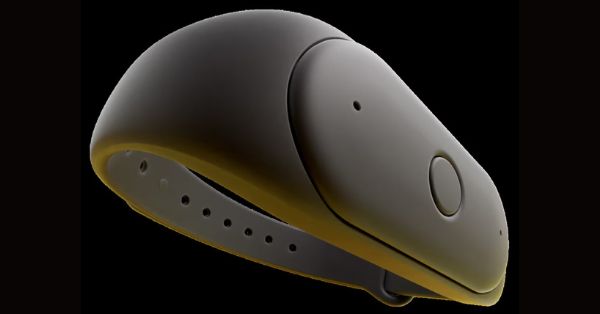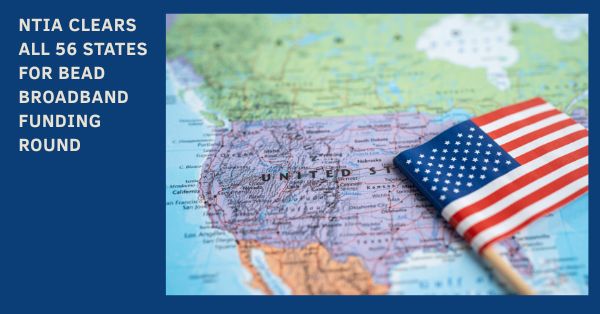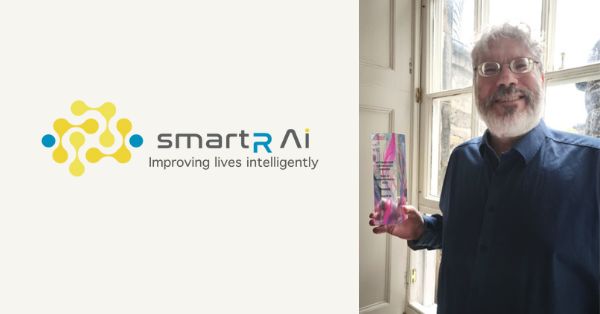Northeastern University’s Institute for the Wireless Internet of Things (WIoT) and Open6G R&D center have announced the first production-ready, AI-automated private 5G network. Utilizing open-source components, the network features a fully virtualized, programmable, and O-RAN compliant system in a campus setting.
The network offers connectivity to 5G devices, such as smartphones, cameras, and dongles, facilitating video conferencing, browsing, and streaming – essential elements of experiential learning at Northeastern. Tommaso Melodia, WIoT director and professor of electrical and computer engineering at Northeastern, stated that this pioneering O-RAN network provides WIoT researchers and industry partners with a fully customizable platform to explore new wireless use cases and technologies beyond 5G.
Built on open-source programmable components and computing solutions from WIoT partners like Dell Technologies and NVIDIA, the WIoT 5G network incorporates software-defined radios and dedicated automation and orchestration pipelines through zTouch, Northeastern’s AI-based management, control, and orchestration framework. zTouch enables rapid deployment of the software-based infrastructure, automated configuration from high-level intents, and management of the software-defined radio frontends. The network operates on Dell servers and employs OpenAirInterface and Open5Gs for radio access and network implementations. It also features NVIDIA Aerial Research Cloud-based base stations, integrating a GPU-based physical layer and OpenAirInterface.
Northeastern’s private 5G deployment exemplifies key features of next-generation wireless systems, including openness and programmability, resiliency and self-healing behavior, and intelligent orchestration. The network is currently serving indoor users on the Northeastern University campus in Boston, with plans to extend to the Burlington campus in the coming weeks. These locations are part of Northeastern’s FCC Innovation Zone, enabling over-the-air experimentation in multiple frequency bands, including the CBRS band.
The private 5G deployment offers research opportunities in next-generation wireless networks. Its open, programmable, and virtualized nature simplifies the deployment and testing of innovative features and exposes telemetry and network performance for AI and ML model development. The network can be employed to develop and test advanced use cases, such as spectrum sharing mechanisms, AR/VR, end-to-end slicing solutions, and advanced security solutions, among others.






























